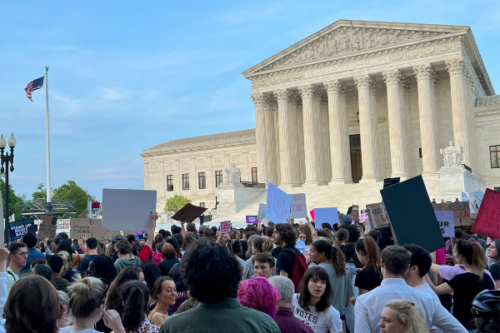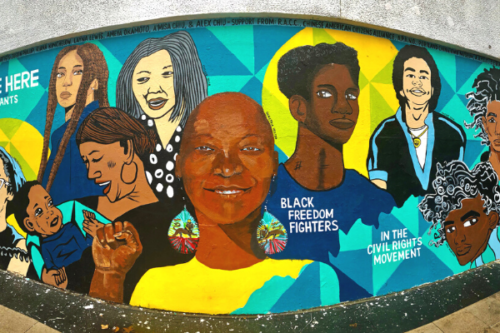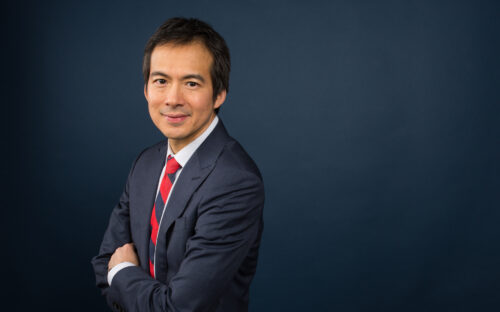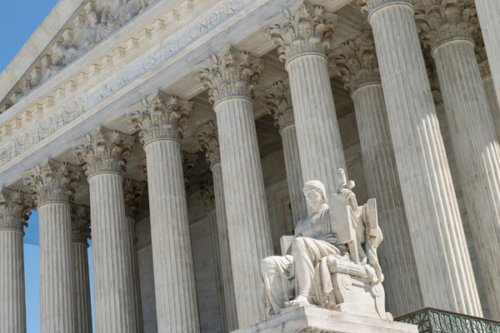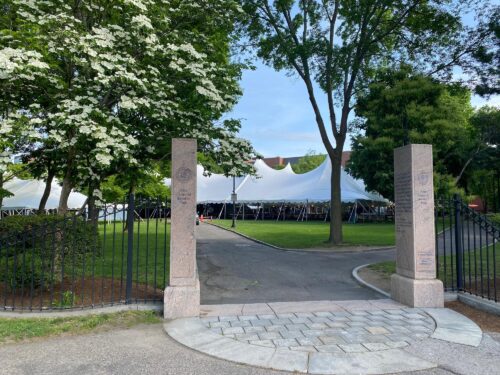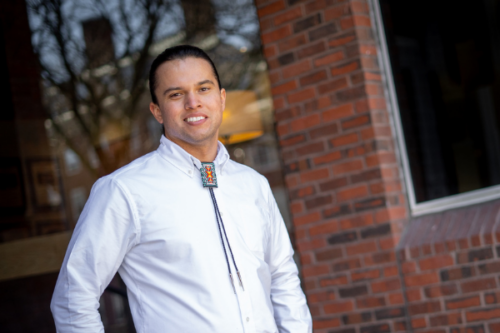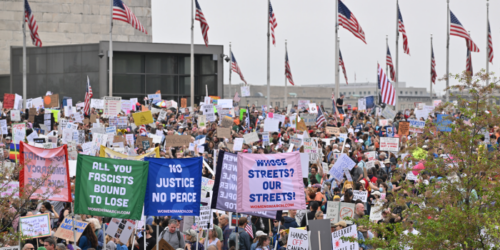
Feature
American Spring? How nonviolent protest in the US is accelerating
Contrary to conventional wisdom, the size and scale of anti-Trump protests this year have dwarfed those in 2017, and they have been extraordinarily peaceful. This article was originally published in Waging Nonviolence.
